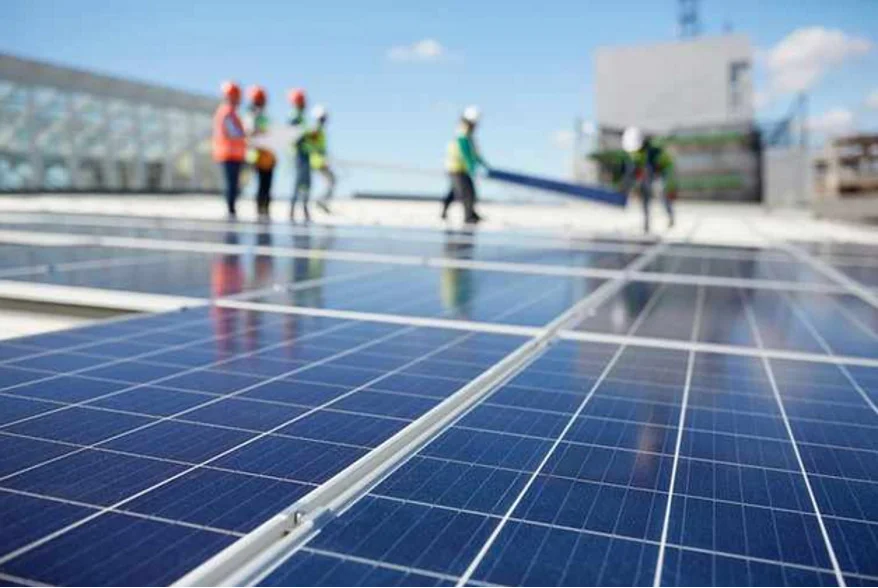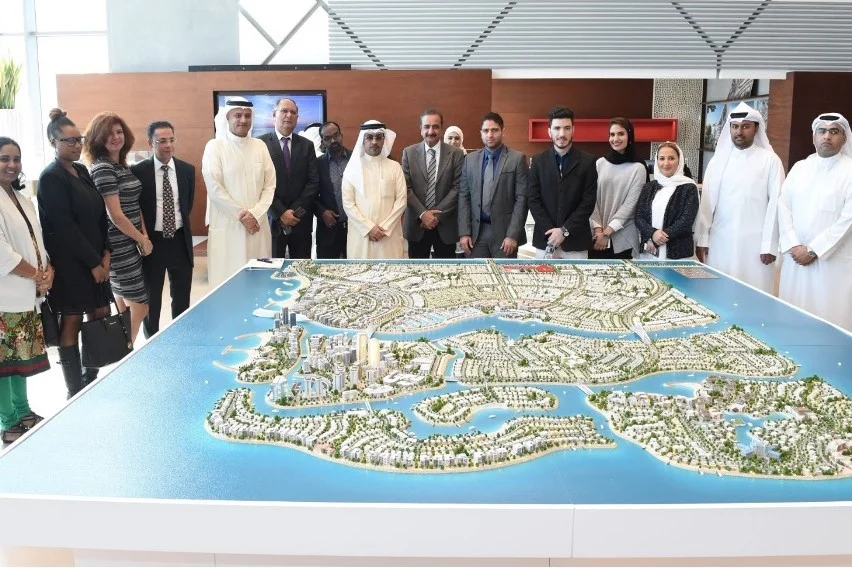New initiative in Bahrain to save $610mln energy

Solar, wind and waste to energy technologies are set to generate around 250 megawatts (MW) of energy making up five per cent of the Bahrain’s energy mix by 2025, the Sustainable Energy Authority (SEA) president Dr Abdulhussain Mirza has said.
Speaking during a webinar organised by the Bahrain Entrepreneurship Organisation (BEO), he said this is the first target under the National Renewable Energy Action Plan (NREAP) which identifies feasible renewable energy options for the country, sets the targets, and proposes policies and initiatives to achieve the targets.
The second target under the plan is for renewables to contribute 10pc of the total energy mix by 2035, by when the renewable generation capacity is set to rise to 710MW per annum.
The NREAP includes a renewable energy mandate for all new buildings.
Another key initiative led by the SEA is the National Energy Efficiency Action Plan (NEEAP), which aims at saving energy worth BD230 million annually, said Dr Mirza.
A total of 22 steps are proposed within the plan to achieve the target of 6pc of energy savings by 2025. They cover all sectors of economy and target efficiency improvements in both energy supply and demand.
The target equates to energy savings of 5,800GWh on primary energy equivalent basis. Cumulative energy savings for the years 2016-2025 will exceed 25,000GWh.
He also discussed the launch of an initiative to install solar energy systems on the roofs of government buildings, adding that it has been implemented on 535 buildings using the “Boom” system, without any investment costs for the beneficiaries of the clean energy produced.
The SEA president explained the total energy expected to be produced through this initiative is estimated at 50MW, thus constituting 20pc of the national renewable energy target to be achieved for the year 2025.
According to him, the SEA has received exceptional demand from various governmental and non-governmental agencies to offer their roofs and proper spaces to install solar energy systems on them and benefit in saving in electricity costs and reduce the carbon footprint.
The authority directs the private sector and encourages the establishment of private or joint ventures with other entities that aim to raise energy efficiency and the use of sustainable energy sources to generate electric power.
 Albania
Albania Algeria
Algeria Andorra
Andorra Argentina
Argentina Armenia
Armenia Australia
Australia Austria
Austria Azerbaijan
Azerbaijan Bahrain
Bahrain Belgium
Belgium Bolivia
Bolivia Brazil
Brazil Bulgaria
Bulgaria Cambodia
Cambodia Cameroon
Cameroon Canada
Canada Chad
Chad Chile
Chile China
China Colombia
Colombia Costa Rica
Costa Rica Croatia
Croatia Cyprus
Cyprus Czechia
Czechia Denmark
Denmark Ecuador
Ecuador Egypt
Egypt Finland
Finland France
France Georgia
Georgia Germany
Germany Ghana
Ghana Greece
Greece Hungary
Hungary Iceland
Iceland India
India Indonesia
Indonesia Ireland
Ireland Italy
Italy Jamaica
Jamaica Japan
Japan Jordan
Jordan Kazakhstan
Kazakhstan Kenya
Kenya Kuwait
Kuwait Latvia
Latvia Lebanon
Lebanon Libya
Libya Lithuania
Lithuania Luxembourg
Luxembourg Malaysia
Malaysia Maldives
Maldives Mali
Mali Malta
Malta Mexico
Mexico Moldova
Moldova Monaco
Monaco Morocco
Morocco Netherlands
Netherlands New Zealand
New Zealand Nigeria
Nigeria North Macedonia
North Macedonia Norway
Norway Oman
Oman




